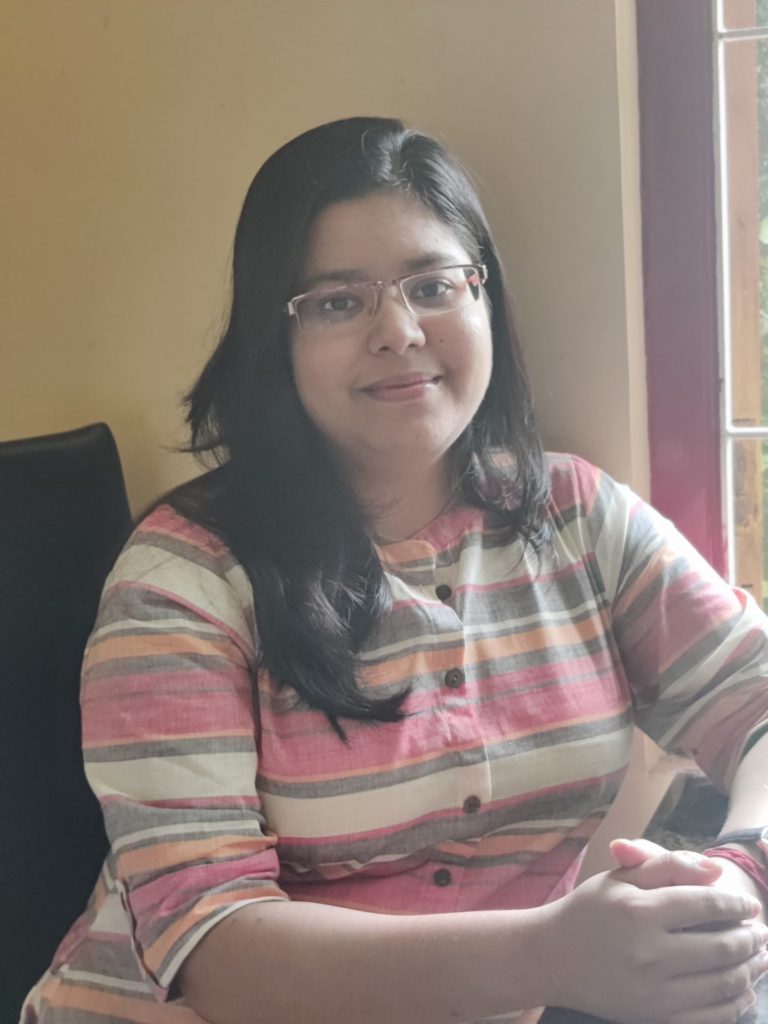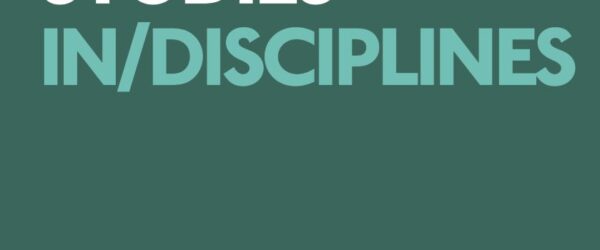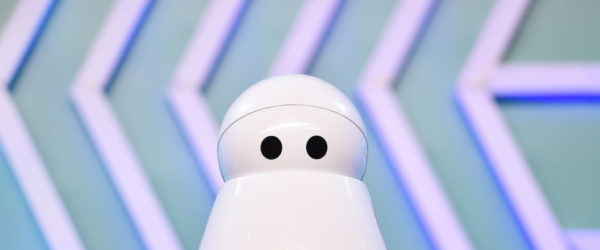Bonyo Premer Golpo: Season 2, Hoichoi [Acropolis Entertainment]
Neurodiverse BioCitizenship and Wasted Lives in Indian Web Series
On 9th October 2020, the Indian video platform Hoichoi streamed a Bengali thriller web series titled Bonyo Premer Golpo (Wild Love Stories) that dramatizes the socio-cultural and legal crises of individuals with diagnosable neurobiological disorders. The web series captures the existential crises of a range of woman characters with criminal records residing in an asylum. The women are represented as monstrous and unreliable, and as a result, their citizenship rights are suspended forever. Theirs are classified as wasted lives, doubly alienated from neurotypical society because of their pathological condition and criminal status. The web series beautifully dramatizes how medico-legal agents systemically annihilate the human quotient of criminally insane characters by associating their neuroatypical features with violence and criminality. Through multiple narratives, Bonyo Premer Golpo upholds the human quotient of the characters who embody different orders of intelligence, moral responsibility, empathy, and language capabilities. The series enables us to reflect on the notion of citizenship in the 21st century where advocates of neurodiverse movements have been forging alliances with neuroatypical individuals in order to bring reforms in legal and public health care policies.
Kristina Lekic Baruncic (2019) has used the term “neurodiverse biological citizenship” in order to foreground the empowering status of the neuroatypical individuals who are able to form biosocial communities to articulate their embodied experientialities. The concept of neurodiverse biological citizenship is conceived to be an empowering phenomenon informed by the “rhetoric of improvement, enhancement, and optimization” (Happe, Johnson, and Levina, 2018, 7). However, web series such as Bonyo Premer Golpo contest the optimistic narrative of biocitizenship by drawing subscribers’ attention to the community of the neuroatypical woman in the asylum who are conceived as troublesome or ungovernable citizens by medico-legal agents and social institutions. The web series asks – what does it means to be a citizen in the 21st century where diversities are systematically stigmatized and pathologized?
In the introduction to the edited volume Biocitizenship: The Politics of Bodies, Governance, and Power, Kelly E. Happe, Jenett Johnson, and Marina Levina (2018) state that the “concept of biocitizenship is thoroughly anchored in the privileged subject, for whom norms of embodiment, livelihood, and affect is both intelligible and accessible”. They argue that the notion of biocitizenship is informed by the image of the liberal subject, thoroughly aware of their rights and responsibilities. In this context, how are we analysing the citizenship status of individuals with diagnosable neurobiological disorders who might not have adequate social support to articulate their plight unitedly? Happe, Johnson, and Levina state that “not everyone embraces a biological identity, especially when it is thrust upon them by medical authorities”. .Bonyo Premer Golpo speaks to this by questioning how we analyze the socio-legal status of the criminally insane individuals who carry the baggage of biological and social stigma?
I think fictional narratives are ontologically equipped to reflect on the above queries. In addition to Bonyo Premer Golpo, other recent Indian web series such as Mayank Sharma’s Breathe: Into the Shadows (2020), Oni Sen’s Asur (2020) also help us speculate on how evolving digital technology is exploited by Indian creative writers, directors, and actors to comment on the vulnerable position of neuroatypical characters and their relationships with more socially-empowered citizens. Through a range of digital technologies, the series makers uphold the backstories of the characters, thereby enabling reflections on the peripheral status of thire neuroatypical characters whose lives ends either in the prison or in the asylum. Aas viewers’, we are asked to analyze the subtle forms of violence that the characters are exposed to.
In An Ontology of Trash (2007), Greg Kennedy defines violence as the negation of the being that occurs over two phases, arguing: “What typically goes for violence in everyday speech – ontic destruction or harm to a physical being- must be preceded by an ontological negation that denies the physicality of the physical being.”. Kennedy’s explanation of ontological negation corroborates with the shadowy and unacknowledged status of the neuroatypical characters as dramatized in the above fictional works. The characters are conceived as alien beings with whom other chracters fail to establish a mutual humane relationship. As a result, they are conceived as the outcasts of society.
In Bonyo Premer Golpo the ontology of violence is aptly captured through the bleak and abandoned status of the inmates of the public mental hospital. It may be argued that the hospital as depicted is conceived as a space where society tosses its undesirables, but I would like to rather argue that recent web series such as Bonyo Premer Golpo help us to speculate on how emerging digital platforms are used to represent the vulnerable neurodiverse characters with a renewed attention to the notions of shame, stigma, and violence.
References
- Bauman, Zygmunt. 2004. Wasted Lives: Modernity and its Outcasts. United Kingdom: Polity Press.
- Baruncie, Kristina Lekic. 2019. “Biological Citizenship in the Reliability Democracy”. Philosophy and Society 31 (1): 24-36.
- Happe, Kelly E, Jenell Johnson, and Marina Levina (Eds). 2018. Biocitizenship: The Politics of Bodies, Governance, and Power. New York: New York University Press.
- Kennedy, Greg. 2007. An Ontology of Trash: The Disposable and Its Problematic Nature. New York: State University of New York.
- Ray, Sunny Ghosh. 2020. Bonyo Premer Golpo: Season 2. Hoichoi. 12 Episodes, https://www.hoichoi.tv/webseries/bonyo-premer-golpo
- Sen, Oni. 2020. Asur: Welcome to Your Dark Side. Voot.com. 8 Episodes, https://www.voot.com/shows/asur
- Sharma, Mayank, 2020. Breathe: Into the Shadows. Prime Video. 12 Episodes, https://www.primevideo.com/dp/amzn
About the author

Manali Karmakar
@KarmakarManali
Manali Karmakar is Assistant Professor in English at Vellore Institute of Technology, Chennai. She has earned her Ph.D. from IIT Guwahati and has specialized in the area of Medical Humanities (Literary Studies, Medicine, Biotechnology). Her research interests include literature and medicine, posthumanism, and mental health and disability studies. Her work has appeared in Journal of Medical Humanities (Springer), Literature and Medicine (John Hopkins University Press), Medical Humanities (British Medical Journal), Cogent: Arts and Humanities (Taylor and Francis) among other places.

![a still image showing 2 women from the shoulders up from Bonyo Premer Golpo: Season 2, Hoichoi [Acropolis Entertainment]](https://itdfproject.org/wp-content/uploads/sites/88/2021/05/Acropolis-Entertainment-1.jpg)


